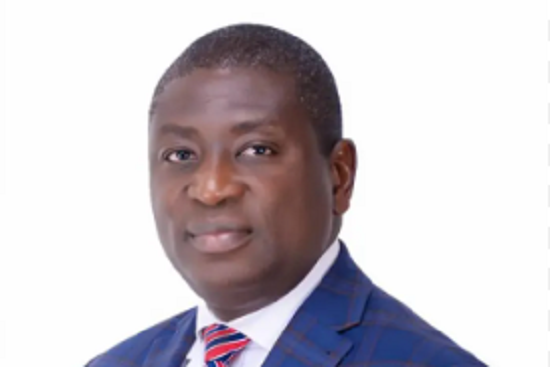ACCRA — A fresh clash over Ghana’s controversial Gold-for-Oil (G4O) programme has reignited debates on fiscal transparency, as energy analyst Kwadwo Poku lambasted a recent IMANI Africa report, branding its claims of massive potential losses as “frivolous” and “100 percent false.” Kojo Poku’s critique of the claims which aired on JoyNews’ AM Show Tuesday 30th of September, underscores lingering tensions around the initiative’s legacy under the previous New Patriotic Party (NPP) administration.
Launched in late 2022 amid soaring fuel prices and foreign exchange strains, the G4O programme aimed to barter domestically sourced gold for imported petroleum products, bypassing the volatile dollar market to ease pressure on reserves. Managed by the Bank of Ghana (BoG), it processed over $3 billion in transactions by its 2024 discontinuation, with proponents crediting it for stabilizing fuel supplies during the Russia-Ukraine war-induced energy crunch. Critics, however, have long alleged opacity, including tax exemptions and overpricing, fueling calls for audits.
IMANI Africa, a leading policy watchdog, amplified those concerns in a September 28 report drawing on a confidential forensic risk assessment from an unnamed multinational firm. The document alleged GH¢7.2 billion ($576 million) in potential fiscal leakages, largely from exemptions on fuel imports totaling GH¢7.5 billion—practices IMANI deemed “malpractice” unique to G4O. “These exemptions represent a significant drain on public resources,” the report stated, urging an independent probe to recover funds and prevent recurrence.
Poku, a 24-year veteran in energy policy and former NPP flagbearer aspirant, dismantled the analysis point by point. Reviewing the document himself, he questioned its anonymity: “There is no name to it, there is no organisation to it, and if you read it, it’s frivolous.” He demanded IMANI disclose the assessment’s author, declaring on national TV, “I want to say today, IMANI should come and tell us who authored the assessment.”
“You can’t put this frivolous document in the public domain and talk about potential losses. This GH¢7.2 billion that they talk about—it’s not a loss.” He clarified that fuel import exemptions predated G4O, persisted during it, and continue today, calling them “standard industry practice.” Poku also defended key figures, noting the programme’s BoG lead—now First Deputy Governor—operated with integrity. “All the premises upon which it makes the conclusion is false, 100 percent false,” he concluded, urging higher standards for public discourse.
” NPP stalwarts, including Poku, view the critique as politically motivated ahead of 2028 polls, while NDC voices like Finance Minister Dr. Cassiel Ato Forson have cited BoG data showing GH¢2.14 billion in actual losses from 2023-2024.
As Poku puts it, “We deserve better than anonymous whispers.” Whether IMANI names its source or the government launches a probe, the Gold-for-Oil saga tests Ghana’s commitment to accountability in its economic reset.




